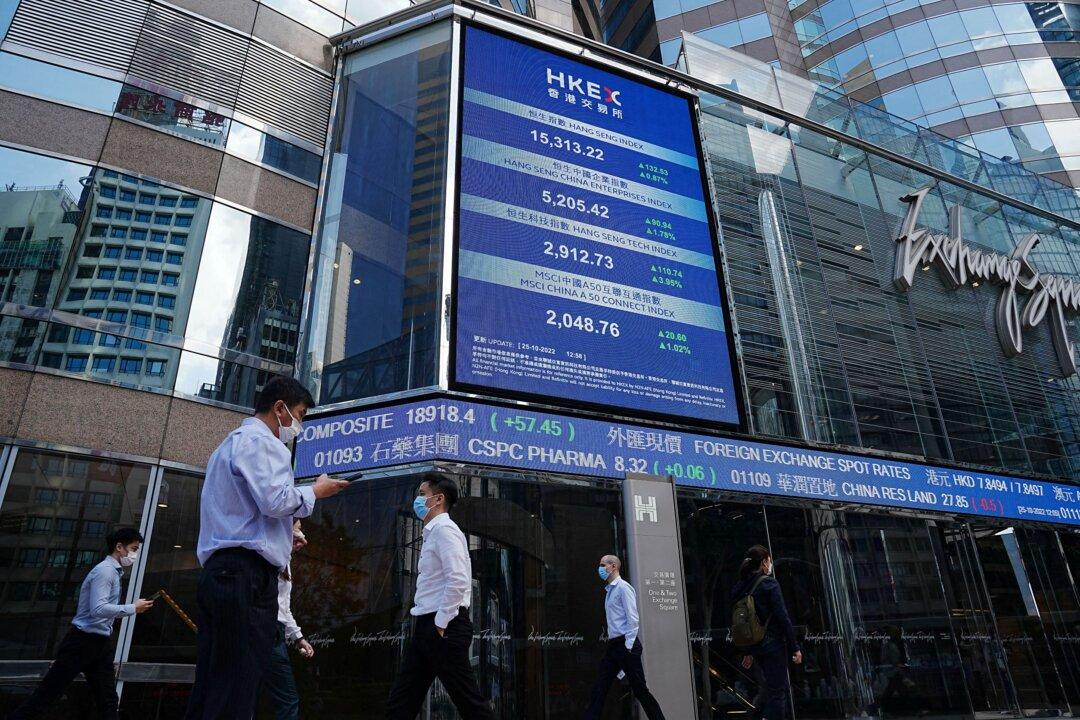South Korea’s financial regulator said on Monday that it will take action against banks and brokerages involved in the sales of derivative products linked to Hong Kong-listed Chinese stocks.
The Financial Supervisory Service (FSS) said that its investigation found “various cases of illegal and unfair practices” in the sales of equity-linked securities tied to the Hang Seng China Enterprises Index.





